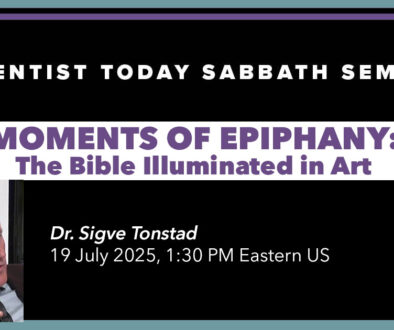Sharing Scripture for Oct. 27 – Nov. 2
[symple_heading style=”” title=”Violating the Spirit of the Law” type=”h1″ font_size=”40″ text_align=”center” margin_top=”0″ margin_bottom=”30″ color=”undefined” icon_left=”” icon_right=””]
This is a tool for you to use if you lead a Sabbath School (SS) class or small group. It is keyed to the Bible texts used in the current week’s Adult SS Lesson and includes a brief story from current news you can use to introduce the discussion and then a series of discussion questions in a relational pattern designed to build fellowship and spiritual reflection.
For use: Oct. 27 – Nov. 2
Texts: Nehemiah 5:1-5; Exodus 21:2-7; Micah 6:8; Nehemiah 5:7-12; Deuteronomy 23:21-23; Nehemiah 5:14-19
Sonoma County in Northern California is on fire. An extreme wind event kickstarted the blaze, causing it to rapidly spread over 50,000 acres. Evacuation orders on October 27 were given to almost the entire county, including the cities of Healdsburg, Windsor, and Geyserville. To prevent more fires caused by high winds, the local power company, PG&E, has shut off power to nearly one million customers, and that number is expected to more than double.
BBC News reports, “Some 180,000 people in the north have been ordered to leave their homes, and roads around Santa Rosa were packed with cars as people tried to flee. Tens of thousands of homes are under threat from the wildfires. The biggest blackouts in the state’s history have already left a million people without electricity. Power companies are trying to stop damaged cables from triggering new fires. Another million people are expected to lose their supplies in the hours ahead.” [1]
Unfortunately, some see the dire situation not as an emergency, but as an opportunity. That’s why the attorney general issued a consumer alert reminding Californians that price gouging during a state of emergency is illegal: “Families in California are in the midst of dealing with devastating wildfires. They shouldn’t have to worry about whether they’re being illegally cheated out of fair prices,” Becerra said. “Our state’s price-gouging law protects people impacted by an emergency from illegal price gouging on housing, gas, food, and other essential supplies.”
Nehemiah issued a similar warning to those seeking to reap benefits off the oppressed. Instead of fire, the Jewish community was struggling against famine and tax payments that left the poor in dire straits. In order to survive, they approached their wealthy fellow Jews for loans. Sadly, the rich took advantage of the situation and charged interest, a practice condemned by God in the Torah. The problem grew to the extent that the oppressed were selling their own children into slavery.
As acting governor, Nehemiah took action and called the people together and challenged the nobles and rulers, “Ought you not to walk in the fear of our God to prevent the taunts of the nations our enemies?” (Nehemiah 5:9 ESV) Fortunately, they agreed to restore everything to the people. But Nehemiah went a step further. He asked the leaders to take an oath that they would follow through on their promise. It made a difference and turned the tide.
Nehemiah’s anger at the “price-gouging” acts of the wealthy came from his own heart of compassion for the poor. He lived what he taught and refused to live luxuriously as an appointed ruler, but gave away much of his own wealth to care for the poor. His example helped quench the wildfire that threatened the nation.
[symple_divider style=”solid” margin_top=”20″ margin_bottom=”10″]
Connecting: Can you think of a time when someone took advantage of you? How did it make you feel?
Sharing: Read Nehemiah 5:14-19. Nehemiah had a right to be paid according to his work as governor, but refused, dipping into his own funds to care for the needs of his own household and beyond. Was this fair?
- It was his choice, whether or not it was fair.
- Jesus taught that a “laborer is worthy of his wages” (Luke 10:7).
- Nehemiah could have followed the letter of the law, but circumstances led him to seek the spirit of the law.
- Evidently, Nehemiah felt the impact of giving away so much, for he prayed, “Remember me, my God, for good, according to all that I have done for this people” (Nehemiah 5:19).
- We should be careful not to judge how people choose to give or not give of their abundance.
- Other…
Applying: How can your local church apply the principles found in Nehemiah’s example? What could practically be done to help the poor in your church?
Valuing: Have you ever taken advantage of someone else who was down and out when it was within your power to help them? Pray with one other person asking God to help you to know when and how to help someone you may meet this week who is in need.
~Curtis Rittenour




